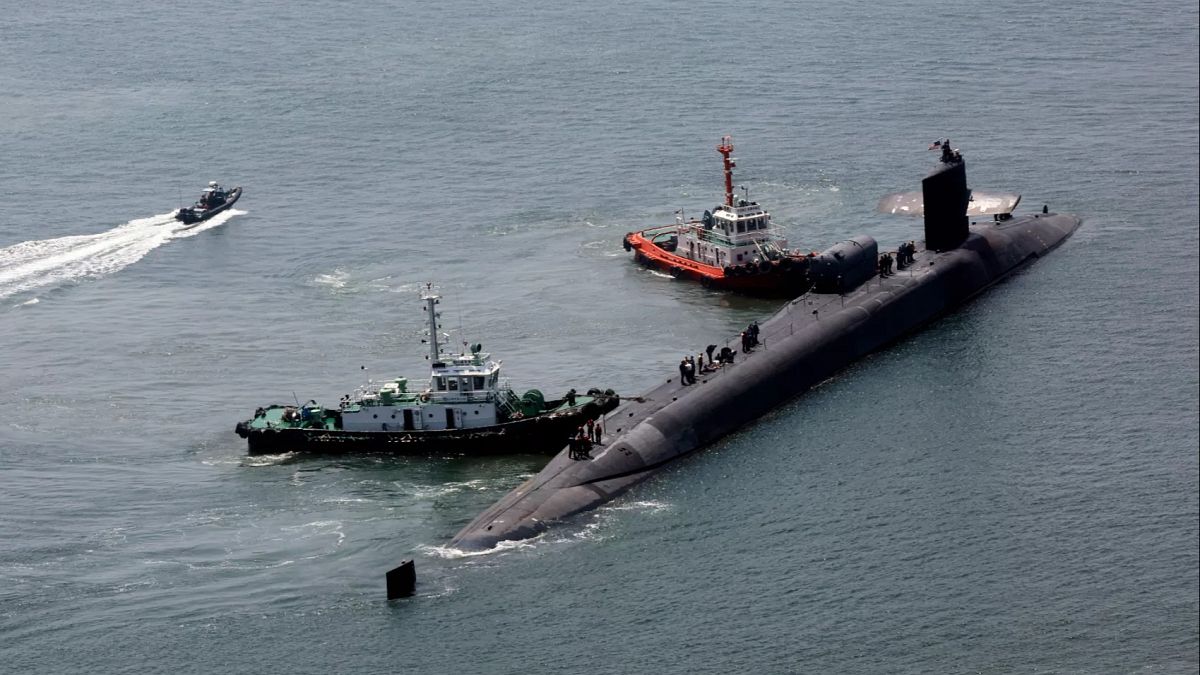

In a series of developments highlighting the United States’ strategic positioning on the global stage, key actions have captured international attention, sparking diverse responses across various sectors. From military maneuvers to geopolitical expansions and health policy debates, these actions reflect the nuanced considerations shaping US engagement with the world.
In an assertive move aimed at reinforcing national security, former US President Donald Trump announced the decision to reposition two nuclear submarines closer to Russian borders. This decision followed a social media statement made by Trump, asserting that the deployment was a direct response to perceived threats from Dmitry Medvedev, Russia’s former president. This action is indicative of the heightened attention given to international military dynamics, particularly concerning nations with significant geopolitical influence like Russia. The strategic positioning of military assets serves to underscore the importance placed on maintaining a vigilant defense posture while navigating complex international relations.
Simultaneously, the United States has expanded its global footprint with the establishment of the FBI’s first office in New Zealand. This move has elicited a critical reaction from China, reflecting broader regional tensions. US Defense Secretary Pete Hegseth, in discussions earlier this year, highlighted the perceived imminent threat posed by China, encouraging countries in the Indo-Pacific region to raise their military expenditures to 5% of GDP. The new FBI office symbolizes the US commitment to fostering robust intelligence and security collaborations with its allies in this strategically vital part of the world. The expansion marks a significant step in regional engagement, emphasizing a coordinated approach to global security challenges.
In the realm of international health policy, a significant decision awaits concerning a stockpile of contraceptives currently under threat of destruction in Belgium. The Trump administration has yet to conclude its deliberations on the fate of these contraceptives, which have drawn appeals for preservation from global health organizations and European legislators. The situation underscores the intersection of global health priorities and policy decisions, highlighting the complex landscape of international aid and public health diplomacy. The ultimate decision will likely reflect broader considerations on the part of the US administration, balancing domestic policy priorities with international expectations for health leadership.
These recent actions reflect a multifaceted approach by the United States in addressing global issues, with an acute awareness of both strategic imperatives and collaborative opportunities. Through these initiatives, the US continues to navigate the complexities of international diplomacy and policy, signaling its active engagement in shaping the global order. As developments unfold, these efforts remain crucial in fostering stable and cooperative international relations.
Source: {link}
